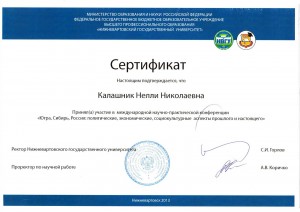What to observe or assess when organizing a creative learning process? There is a wonderful CLA -creative learning assessment developed by our American scholars with the help of which we can “view children’s learning through a different lens: ‘the doing’– listening to them as it happens, and the product– ‘the done’.”(1)
1. confidence, independence, enjoyment: developing pleasure and enjoyment, emotional involvement, self-motivation;
2. collaboration and communication: works effectively in a team, contributes to discussion, makes suggestions, listens and responds to others , overcomes problems, communicates and presents ideas;
3. creativity: is imaginative and playful, generates ideas, questions and makes connections, risk-takes and experiments;
4. strategies and skills: plans and develops a project, demonstrates a growing range of artistic/creative skills, uses appropriate subject specific skills with increasing control;
5. knowledge and understanding: uses subject specific knowledge and language with understanding;
6. reflection and evaluation: responds to and comments on own and others’ work, analyses and constructively criticizes work, reviews and evaluates own progress. (1)
The framework gives me the idea what to aim at. The scale has made me more aware of planning time for reflection, evaluation and commenting on others’ work. It is a tool to answer the questions: ‘In what ways are children able to take risks and experiment in their learning?’, ‘Do they generate ideas, questions and make connections?’, ‘Are there examples of responding to and commenting on their own and other people’s work?’
The main blockages that keep our Russian students’ creative ideas from fully developing, to my mind, are the following:
- traditional position of a recipient,
- teachers’ control and negativism,
- pressure and imposing teachers’way of thinking and perception,
- students’ fear of failure and ridicule (especially those who are academically successful),
- lack of commitment,
- laziness,
- no team work.





Recent comments